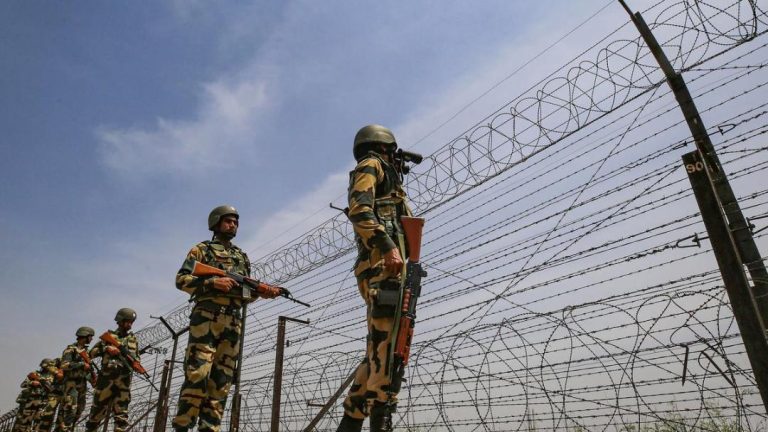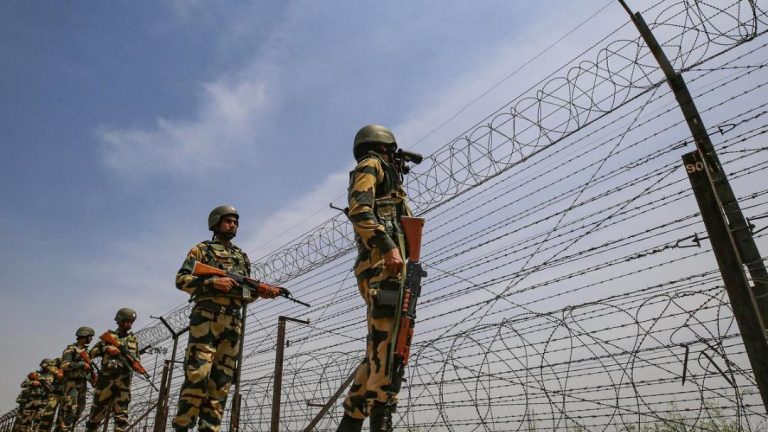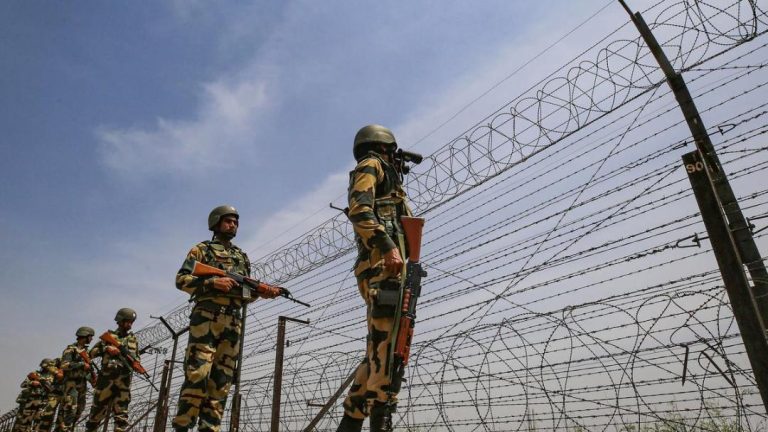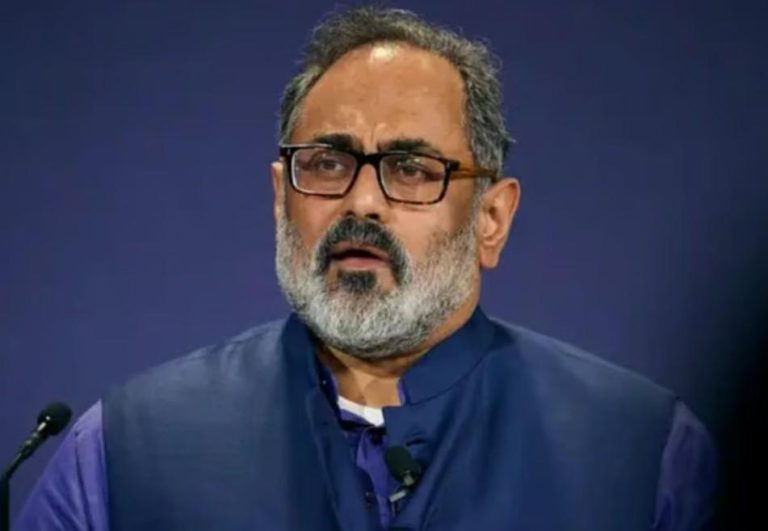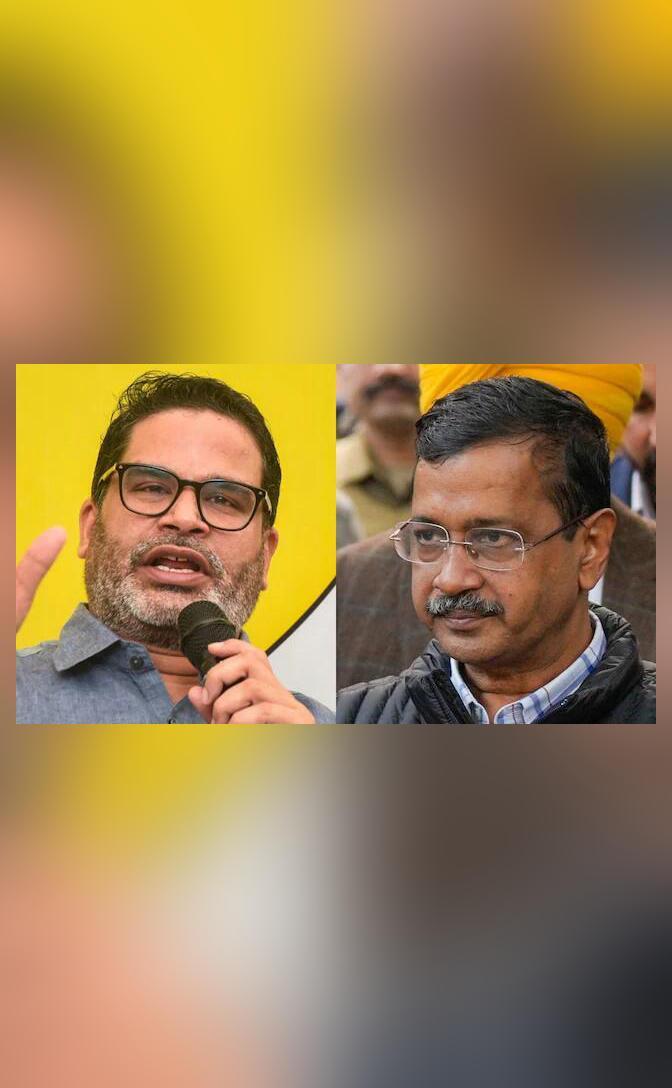
Prashant Kishor Lists Reasons Why Kejriwal & AAP Lost in Delhi Elections
The recent Delhi assembly elections saw a major upset, with the Aam Aadmi Party (AAP) failing to retain power in the capital. The party, led by Arvind Kejriwal, had been in power since 2013 and was expected to win again. However, the party’s defeat at the hands of the Bharatiya Janata Party (BJP) has left many wondering what went wrong. One person who has been vocal about the reasons behind AAP’s defeat is Prashant Kishor, a politician and former political strategist.
In an interview with News18, Kishor listed out several reasons why Kejriwal and AAP lost the Delhi elections. According to Kishor, Kejriwal’s decision to resign as Delhi Chief Minister after being granted bail in the liquor policy case was a “big strategic mistake”. Kishor believes that if Kejriwal had resigned immediately after his arrest, it would have shown that he was taking responsibility for his actions and would have been seen as a leader who was willing to put the interests of the party above his own.
However, by resigning after being granted bail, Kishor believes that Kejriwal sent out a message that he was more concerned about his own image than the well-being of the party. This, according to Kishor, hurt Kejriwal’s credibility and made it difficult for the party to recover from the damage.
Another reason why Kishor believes AAP lost the elections is the 10-year anti-incumbency factor. According to Kishor, the fact that AAP had been in power for a decade meant that many Delhiites were looking for a change. This, combined with the party’s inability to deliver on its promises, made it difficult for AAP to win over voters.
Kishor also believes that Kejriwal’s fluctuating stance on joining and exiting the INDI Alliance hurt his credibility. According to Kishor, Kejriwal’s decision to join the alliance and then withdraw from it seemed like a case of “all or nothing”, and many voters were put off by this unpredictability.
In addition to these factors, Kishor also believes that AAP’s campaign was lacking in substance. According to Kishor, AAP’s campaign focused too much on Kejriwal’s personal image and not enough on the issues that mattered to voters. This, combined with the party’s inability to connect with voters on a grassroots level, made it difficult for AAP to win over voters.
Kishor also believes that AAP’s decision to focus too much on the BJP and not enough on its own policies and agenda was a major mistake. According to Kishor, AAP’s campaign was too negative and focused too much on attacking the BJP, rather than presenting a positive vision for the future. This, according to Kishor, made it difficult for AAP to win over voters who were looking for a positive change.
Finally, Kishor believes that AAP’s inability to manage its internal affairs was a major factor in its defeat. According to Kishor, AAP’s internal disagreements and factionalism were well-known, and many voters were put off by this instability. This, combined with the party’s inability to deliver on its promises, made it difficult for AAP to win over voters.
In conclusion, Prashant Kishor believes that AAP’s defeat in the Delhi elections was due to a combination of factors, including Kejriwal’s resignation after being granted bail, the 10-year anti-incumbency factor, Kejriwal’s fluctuating stance on the INDI Alliance, a lack of substance in AAP’s campaign, a focus on attacking the BJP rather than presenting a positive vision, and internal instability. According to Kishor, these factors made it difficult for AAP to win over voters and ultimately led to its defeat.
Source:
